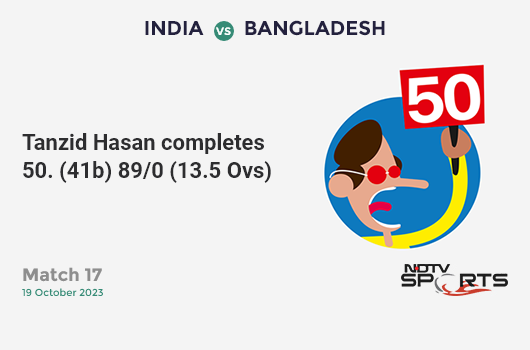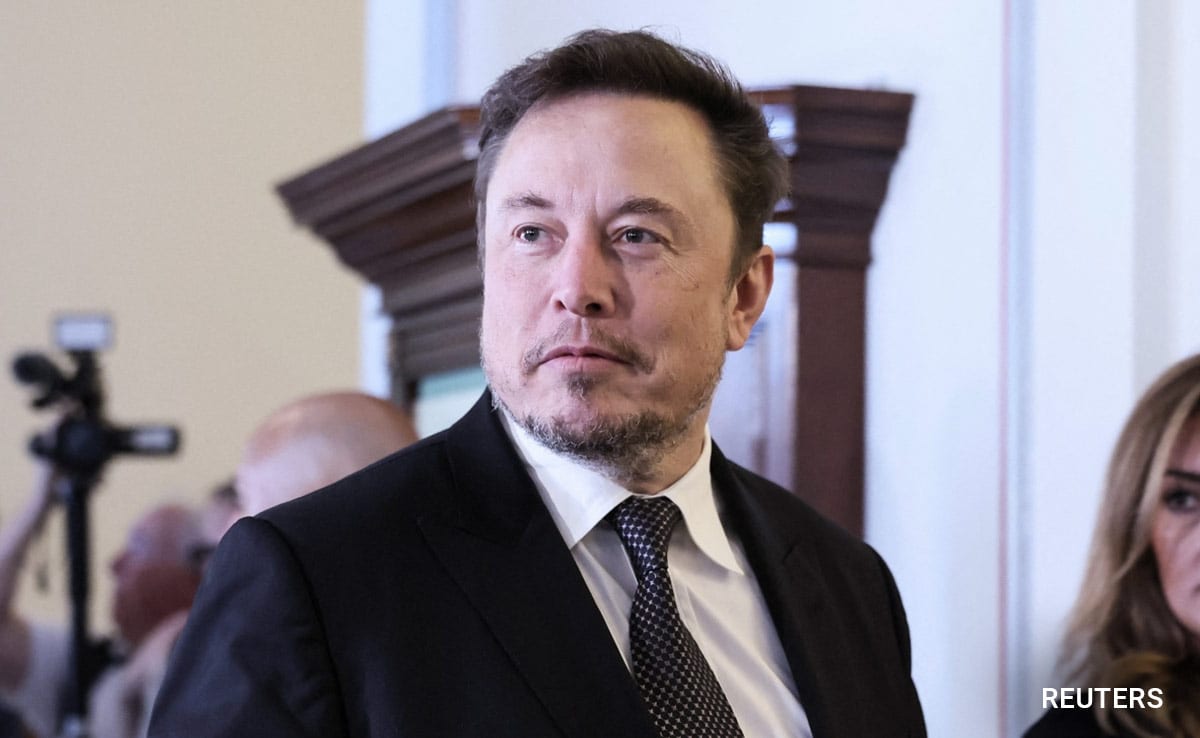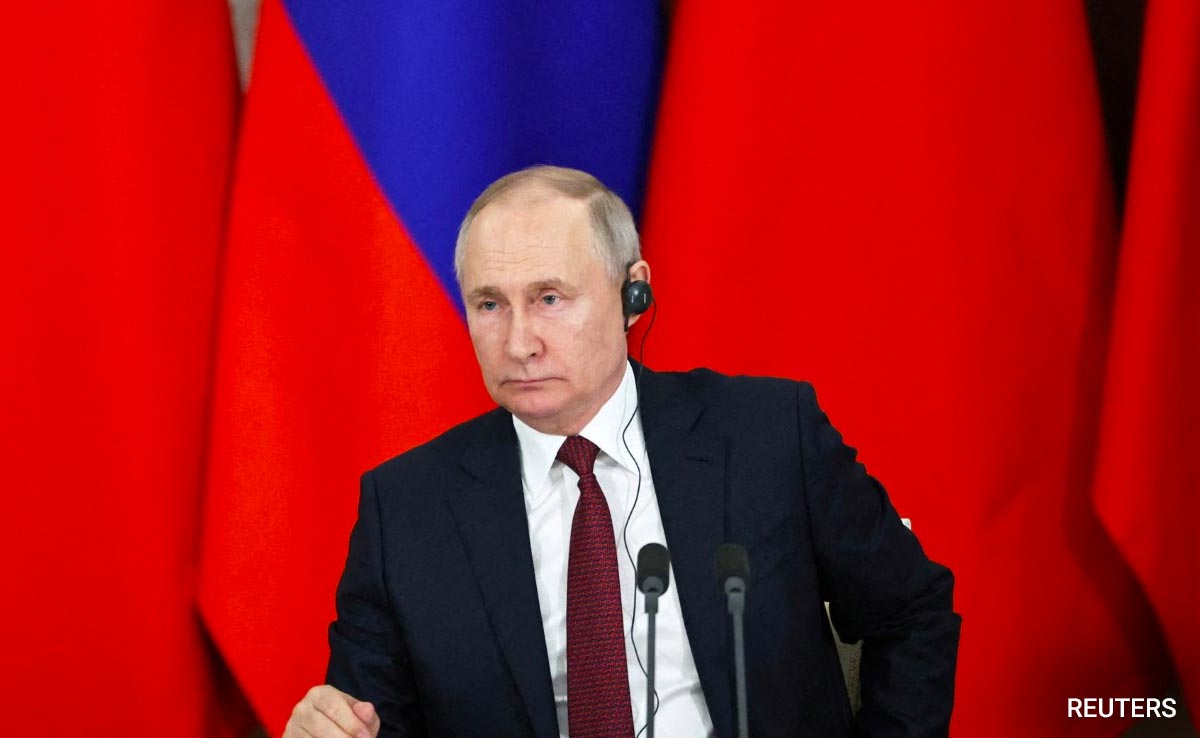U.N. Secretary-General Antonio Guterres. File.
| Photo Credit: Reuters
As U.N. Secretary-General Antonio Guterres arrives in India next week for the G20 Summit, the message he will take to the grouping of the world’s biggest economies will be a strong call for reform of global institutions and action to combat climate change.
Mr. Guterres has a busy travel schedule lined up as he heads to the Africa Climate Summit in Nairobi, Kenya, on September 4-5; the ASEAN-UN Summit in Jakarta, Indonesia, on September 6-8; the G20 Summit in New Delhi, India and the Summit of the G77 and China in Havana, Cuba, on September 14-15.
India, president of the G20, will host global leaders, including U.S. President Joe Biden, for the Summit scheduled to take place on September 9 and 10 in New Delhi.
Speaking to UN reporters here on Thursday, Mr. Guterres said his message to G20 — the world’s biggest economies, which are also the biggest emitters — is that as climate chaos gathers pace, the world is looking to them.
“They need to step up, accelerating their reduction of emissions — they account for 80% of them — and supporting countries that are already paying the price for decades of heating caused by fossil fuels,” he said.
Mr. Guterres added that G20 countries also need to look seriously into reform of global financial institutions, rules and frameworks to adapt them to today’s realities and more effectively enable developing countries to access the resources they need to invest in the Sustainable Development Goals.
“We must overcome the inequalities and divisions that blight our world today, including here, at the United Nations. Unless we act now, the Sustainable Development Goals could become an epitaph for a world that might have been,” he said.
Mr.Guterres noted that the Africa Climate Summit, the UN-ASEAN Summit, the G20 Summit and the G77 Summit together “demonstrate the vitality of our multipolar international community.”
“And multipolarity in itself does not guarantee peace and stability. On the contrary, without strong multilateral institutions, multipolarity could be a factor for escalating geostrategic tensions, with tragic consequences,” Mr. Guterres said.
He noted that unless the international community strengthens and reforms global multilateral frameworks, fragmentation is all but inevitable. “And with fragmentation, confrontation can come. Multilateral institutions will only survive if they are truly universal,” he said.
“And I will therefore be carrying the same message to all these meetings – the strong call for reforms to bring our outdated multilateral institutions and frameworks into line with the economic and political realities of today’s world based on equity and solidarity,” Mr. Guterres said.














